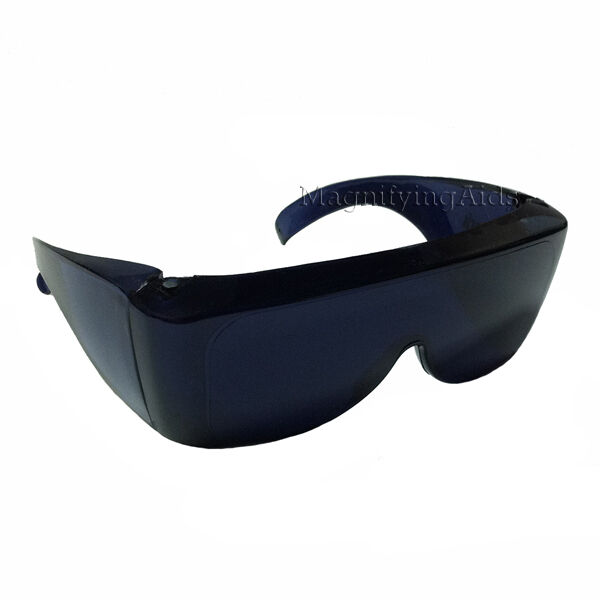With the plethora of options available when it comes to eyewear, it can sometimes become overwhelming to select the right type of sunglasses. One such often-debated feature is the anti-reflective (AR) coating, and many question its necessity for sunglasses. The following post will delve into this matter, explaining what an AR coating is, its benefits, and its significance when applied to sunglasses.
What is Anti-Reflective Coating?

Definition
Anti-reflective (AR) coating, also known as anti-glare coating, is a thin layer applied to the surface of lenses in glasses and sunglasses. Its primary function is to minimize the amount of light that gets reflected off the lenses.
How It Works
The AR coating works by leveraging the principle of destructive interference. The coating is made up of multiple microscopic layers of metallic oxides with varying thicknesses. These layers interfere with the reflected light waves, essentially causing them to cancel each other out. As a result, more light passes through the lens, enhancing the overall clarity of vision.
Benefits of Anti-Reflective Coating
Increased Light Transmission
The most apparent advantage of AR coating is the increased light transmission. By reducing reflection, more light passes through the lenses, which enhances visual clarity and sharpness. This can be especially beneficial for individuals who wear corrective glasses or those engaged in activities requiring keen vision, such as driving or reading.
Reduction of Glare
Glare can significantly affect visual comfort, especially in high-light conditions or while performing tasks that involve digital screens. AR coating can reduce this annoying and potentially harmful glare, providing a more comfortable viewing experience.
Aesthetic Appeal
AR-coated lenses have a distinct visual appeal as they seem virtually transparent. This attribute not only enhances the wearer’s appearance by allowing others to see their eyes clearly but also enhances the overall look of the eyewear.
Anti-Reflective Coating on Sunglasses: A Necessity?
Now that we understand what an AR coating is and its benefits let’s analyze whether it’s necessary for sunglasses.
Enhancing Visual Comfort
Although the primary function of sunglasses is to protect the eyes from harmful UV rays, they should also offer optimal visual comfort. In bright, sunny conditions, light can reflect off the rear surface of sunglass lenses and into the eyes – a phenomenon known as back-glare. This back-glare can cause discomfort and hamper vision. An AR coating on the back surface of sunglass lenses can significantly reduce this effect, enhancing visual comfort.
Improved Visual Clarity
Just like regular eyeglasses, AR coating on sunglasses can enhance visual clarity by allowing more light to pass through the lenses. While it may seem counterintuitive to want more light transmission for sunglasses, remember that the primary function of sunglasses is to filter harmful UV rays and intense light, not to obstruct vision. Quality sunglasses will still shield your eyes from harmful light while providing clear and sharp vision.
Aesthetic Factor
Even for sunglasses, the aesthetic factor of AR coating holds true. The reduced reflection off the lenses can provide a more refined look, making the eyes clearly visible.
Considerations When Choosing AR Coated Sunglasses
While AR coating can be beneficial, a few considerations should be kept in mind:
Quality of the Coating
The quality of the AR coating can vary widely between manufacturers. A poor-quality coating might not provide the desired benefits and could easily scratch or peel off.
Maintenance
AR-coated lenses require careful handling and cleaning to avoid damage. Always use a microfiber cloth and dedicated lens cleaning solutions.
Cost
AR coating can add to the cost of the sunglasses. However, the added benefits often outweigh the cost for many users.
Conclusion
In conclusion, while not an absolute necessity, anti-reflective coating on sunglasses can provide numerous benefits, including enhanced visual comfort, improved clarity, and a more polished look. However, the decision should take into account the quality of the coating, the extra care needed for maintenance, and the additional cost. Thus, when deciding whether you need an anti-reflective coating on your sunglasses, consider your specific needs, lifestyle, and budget to make an informed decision.



Recent Comments